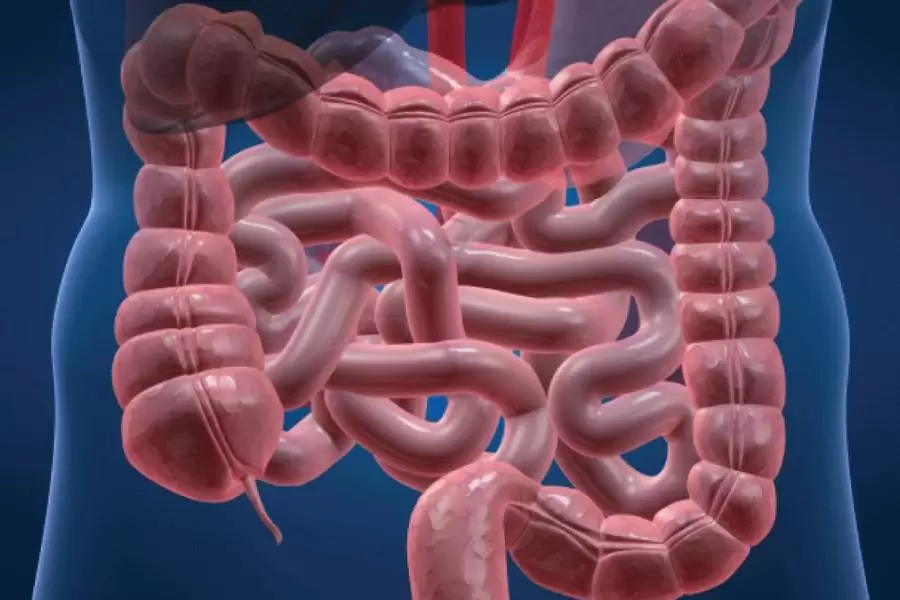For many people, the urge to poop often strikes like clockwork. You wake up, have your morning coffee, and suddenly, it’s time. But why does your body have this predictable routine?
The daily rhythm of your bowel movements isn’t just coincidence, it’s the result of a finely tuned system influenced by your body’s internal clock, diet, hydration, and overall lifestyle habits.

The Science of Bowel Regularity
Our digestive system works in harmony with the body’s circadian rhythm, a 24-hour internal clock that influences everything from our sleep patterns to our metabolism. The gastrointestinal (GI) tract is no exception. During the day, your digestive system is particularly active, working to process and eliminate waste. Overnight, when your body is at rest, the digestive system slows down, giving the colon enough time to absorb water and prepare for the morning movement.
The Role of the Gastrocolic Reflex
The gastrocolic reflex is another biological reason for bowel regularity. When you eat, your stomach stretches and releases signals to the colon to make space for incoming food. This often triggers a bowel movement shortly after meals, particularly in the morning for those who eat breakfast. Since the colon has been working overnight to store waste, the first meal of the day can nudge it into action.
How Lifestyle Habits Influence Pooping?
Beyond biology, your daily habits play a significant role in when your bowel movements occur. Here are the key factors behind your regular schedule:
1. Your Morning Routine
Activities like drinking water or a morning coffee stimulate the muscles in your gastrointestinal tract. Coffee, in particular, can trigger bowel movements because it stimulates the colon and increases contractions that move stool along.
2. Your Diet
A fiber-rich diet encourages regularity. Foods like fruits, vegetables, whole grains, and legumes add bulk to stool and help it pass more easily. Those who stick to consistent eating patterns tend to develop consistent bowel schedules.
3. Hydration Levels
Water is essential for keeping your digestive system moving smoothly. When you’re well-hydrated, it prevents stool from becoming too hard or dry, making it easier to pass. Drinking water first thing in the morning can jumpstart your digestive system and set the stage for a regular routine.
4. Activity Levels
Physical activity can also influence your bowel habits. Exercise stimulates intestinal muscles and helps to maintain a healthy transit time for your food. A sedentary lifestyle, on the other hand, can slow down digestion and lead to irregularity.
5. Sleep and Stress Management
Irregular sleep patterns or high stress levels can disrupt your circadian rhythm, throwing off your body’s schedule, including your bowel movements. Consistent sleep and stress management practices are crucial for maintaining digestive health.
Conclusion
Your body’s regularity is a reflection of its intricate rhythms. While you might not have complete control over your bowel schedule, understanding the mechanisms behind it can help you support healthy gut function. With the right combination of diet, hydration, sleep, and exercise, your digestive system will find its natural rhythm, keeping you feeling comfortable and regular day after day.




